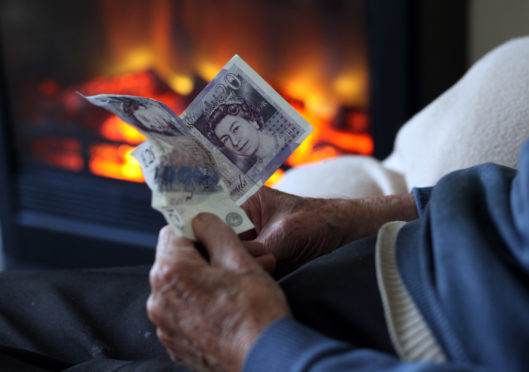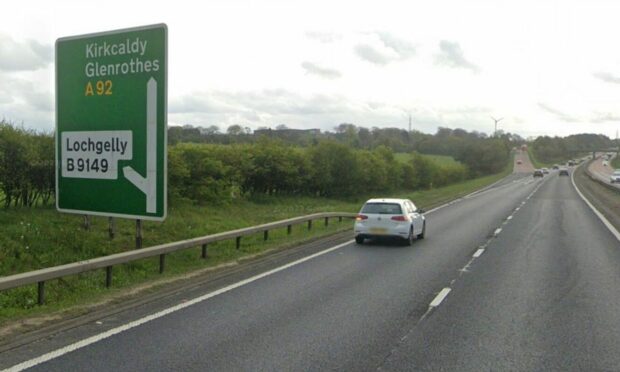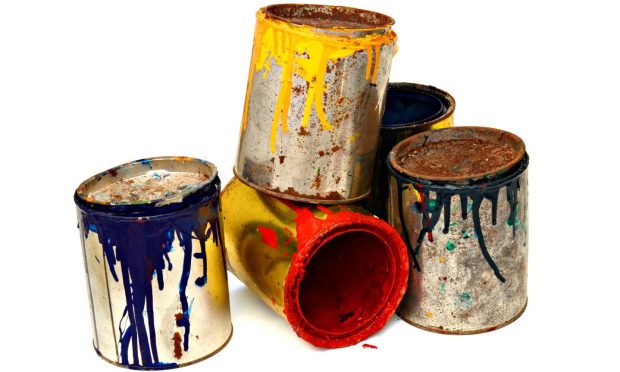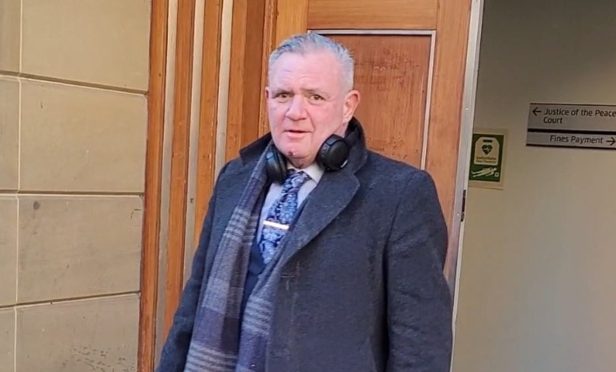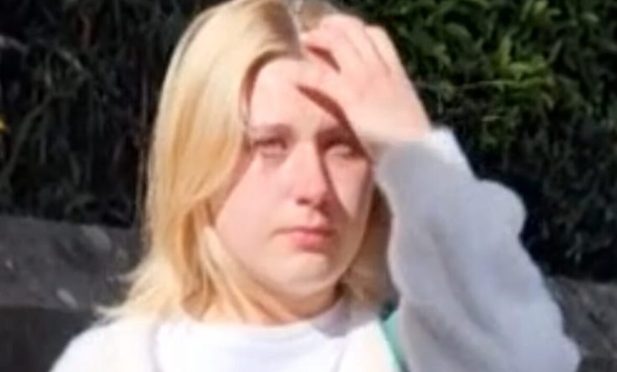The number of cash-strapped Fifers seeking emergency handouts has soared in the past year, The Courier can reveal.
Welfare reform and in particular Universal Credit has been blamed for the significant increase, with 19,549 applications for crisis grants received in Fife in 2018/19 compared to just 13,091 the previous year.
Similarly, applications for community care grants – which also provide a safety net in an emergency – have risen from 3,658 to 4,259 in the same period, although the increase in crisis grants – which adhere to strict timescales of the next working day – has had an adverse effect on the time taken to process community care grants, with the latter now typically taking 21 days to sort out rather than 14.
All of this has contributed to Fife’s Welfare Fund expenditure spiralling from £2.5 million in 2015/16 to £3.4 million last year – and has prompted fears about the ability of the council and its partners to provide crucial support to people in vulnerable situations.
Willie Rennie, Liberal Democrat MSP for North East Fife, said: “I was deeply concerned to see that the number of applicants for crisis grants increased by 70% within less than a year.
“The fund provides access grants for people who are in immediate difficulties, for instance in buying food or meeting other urgent household expenses.
“It is a great service provided by Fife Council with a very rapid response to request for assistance, and clearly a vital lifeline for many.
“The fact that so many households in Fife rely on emergency financial help is appalling, and a worrying insight into the dire situation.
“There is a desperate need for a concerted approach to welfare between the UK and Scottish Governments.”
Figures suggest the average crisis grant payment rose from £84.69 in 2017/18 to £183.23 in 2018/19, although the approval rates for applications dropped from 83% to just 74% in the same period.
Just 57% of community care grant applications were approved last year compared to 60% the year before, while the average payment fell from £508.30 to £422.02 in that period.
Barbara Francis, customer service team leader at Fife Council, said: “As application numbers received has increased significantly the likely cause for the approval rate dropping is that applicants are not meeting the qualifying criteria as they are applying more than three times within a 12 month period and they do not meet the criteria of exceptional circumstances.”
